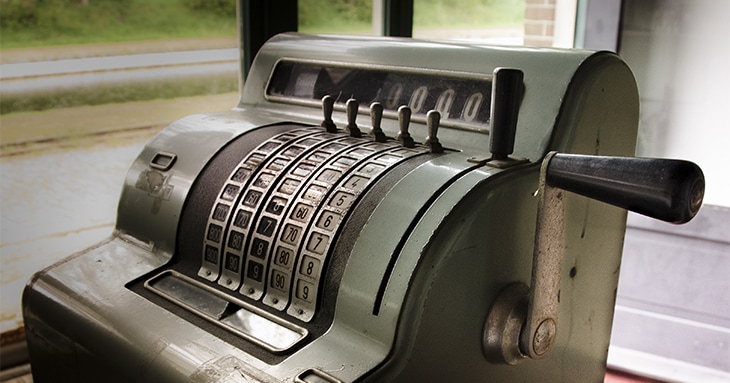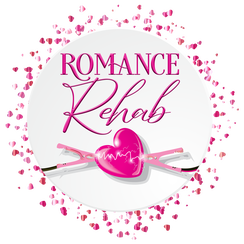|
Guest post by Brett Halbleib
Check out this promotional blurb for a book called Half Way Home, by Hugh Howey: Five hundred of us were sent to colonize this planet. Only fifty or so survived. We woke up fifteen years too early, we had only half our training, and they expected us to not only survive ... they expected us to conquer this place. The problem is, it isn’t safe here. We aren’t even safe from each other. Do you want to keep reading? I do. And it took only 57 words to convince me. 57 words, that’s it. (The blurb is so good I’m concerned the book might be a letdown.) And whether your blurb is on Amazon.com or the inside cover of your book, a good blurb is vital to your success. Other than perhaps your mom, no one is going spontaneously buy your book. You must convince them to.
It's not rocket surgery
So, why is it so hard for some authors to write an effective book blurb? And (the important part), how can you write a better blurb? For many writers, the toughest part is differentiating between telling their story and selling their story. They’re different skill sets. Telling the story involves plot, mood, setting, motivations, etc. Selling the story is about creating interest: getting your audience emotionally invested in your story. That’s it. Most bad blurbs are bad because the author summarizes the entire plot. Fight that instinct. First, it’s too ambitious. Second, before anyone will read your book, you have to persuade them why they should. As seen on TV Think about TV show promos you see. They don’t deliver the entire plot. Rather, they hook you with a teaser: “Tonight on Overwrought Melodrama, as the hot young new resident flirts with Dr. McDouchey, he must choose between saving a homeless burn victim’s life with a risky procedure, or attending his disabled daughter’s first ballet recital.” Deep inside, you’re saying to yourself, “Oh, my GOD!! What is Dr. McDouchey going to do?? I must know!!” That’s selling the story. First you sell, then you tell.
Look at the Half Way Home example again. It tells you the genre. It tells you about the plot and the main character in both broad strokes (“sent here to colonize this planet,”) and specific detail (“woke up fifteen years too early”). While it gets across the big idea, it doesn’t explain everything. It doesn’t tell you how anyone survived (or who killed them). It gives just enough to grab your interest.
It doesn’t describe the planet, or the secondary characters. And it doesn’t give away the ending. Never do that in a book blurb. If you do that, no one will read your book, and people will hate you. Just hook them--get them to want more. That’s it. Let’s look at an example based on The Life of Pi, which I hope you have read. Or at least seen the movie.
Now, which version makes you want to pick up the book and read more?
While no formula works 100 percent of the time, there are a few guidelines you can follow to write a good blurb. A lot of it boils down to what we call the three O’s: Orientation, Objective, and Opposition. Orientation: Who is your main character? What world are they in? What time? What place? You don’t need to cover everything, just paint a scene. Objective: What does the main character want? What is their goal or objective? It’s OK to include one or two tantalizing details, but retain some mystery. Opposition: What’s stopping them? What (or who) is in their way? What’s driving the tension or conflict? Look at the Life of Pi blurb through this lens. We know who the main character is (Pi), what “world” he’s in (stranded on a lifeboat), what he wants (to survive), and what the key opposition is (the ocean … and a wild tiger. Gulp.). If you want more tips, check out the box of Do’s and Don’ts below. And if you see a really good (or really bad) book blurb, tell us about it. We’d love to see it. The Do’s and Don’ts of writing a good book Bblurb Do: Capture the mood or tone of the story Do: Keep it short Do: Make your genre clear Do: Create tension, conflict, drama (such as a cliffhanger) Do: Use adjectives and adverbs (judiciously) Don’t: Give away key spoilers Don’t: Use clichés (“In a world where ... ”) Don’t: Summarize everything Don’t: Start your blurb with a question Don’t: Brag. When you’re J.K. Rowling, you can brag. Not until then.
|
|
ROMANCE AUTHOR SERVICES
Romance novel blurb help Romance Remedy program Referral program Romance author services
|
FREE Romance Rehab newsletter: Subscribe here
KnockinBooks LLC is a participant in the Amazon Services LLC Associates Program, an affiliate advertising program designed to provide a means for sites to earn advertising fees by advertising and linking to Amazon.com.
© 2020 KnockinBooks LLC


 RSS Feed
RSS Feed
